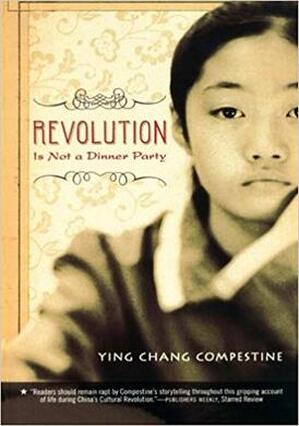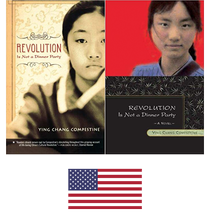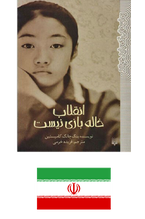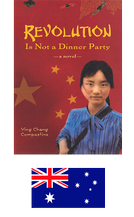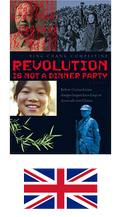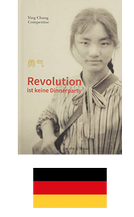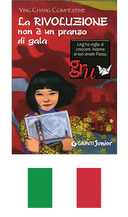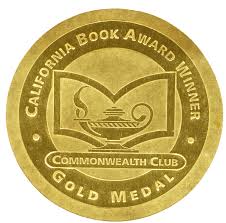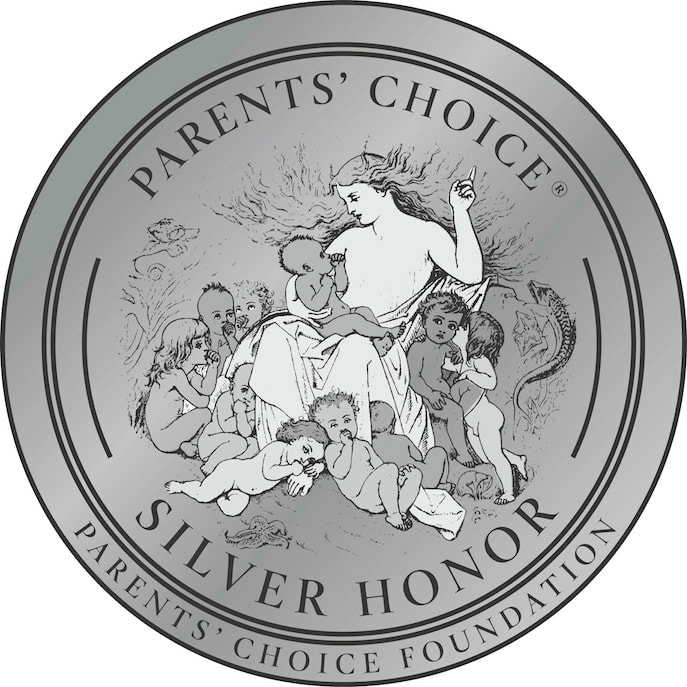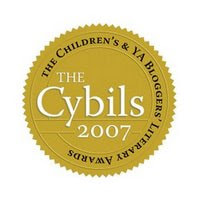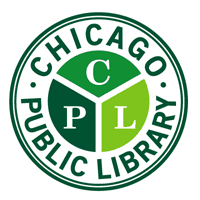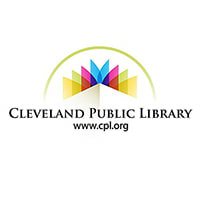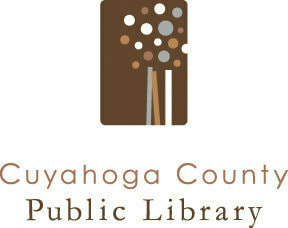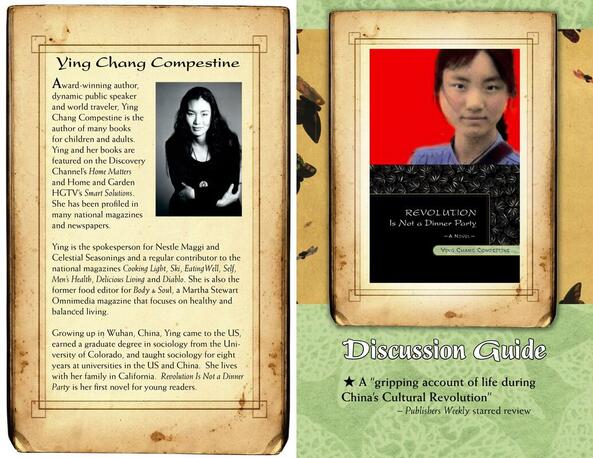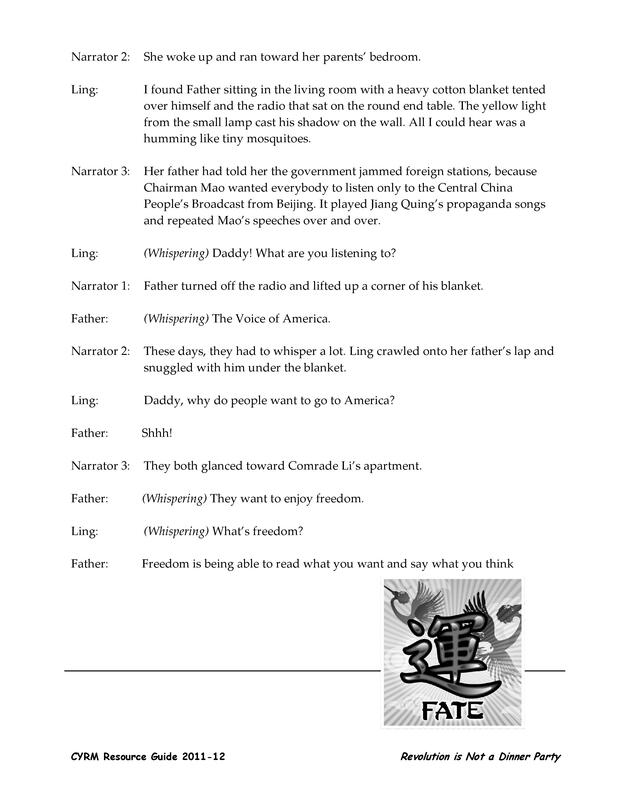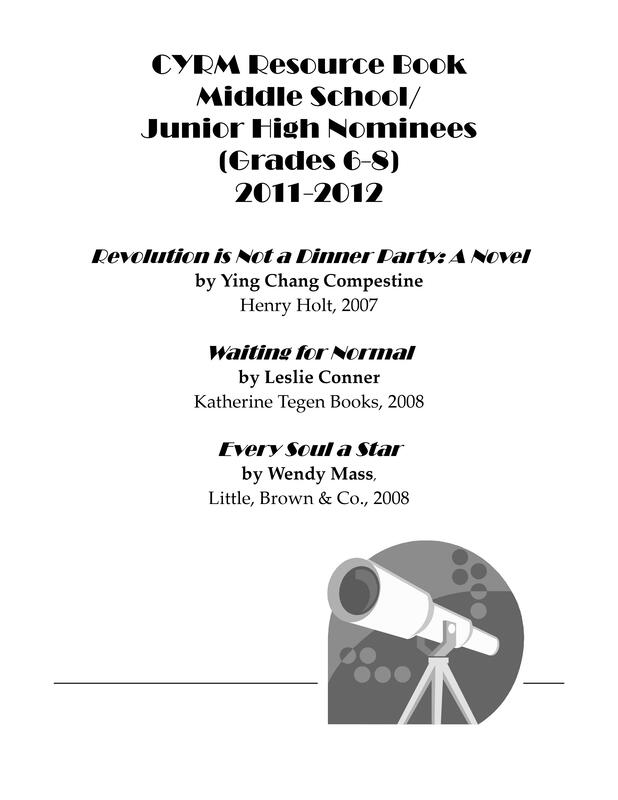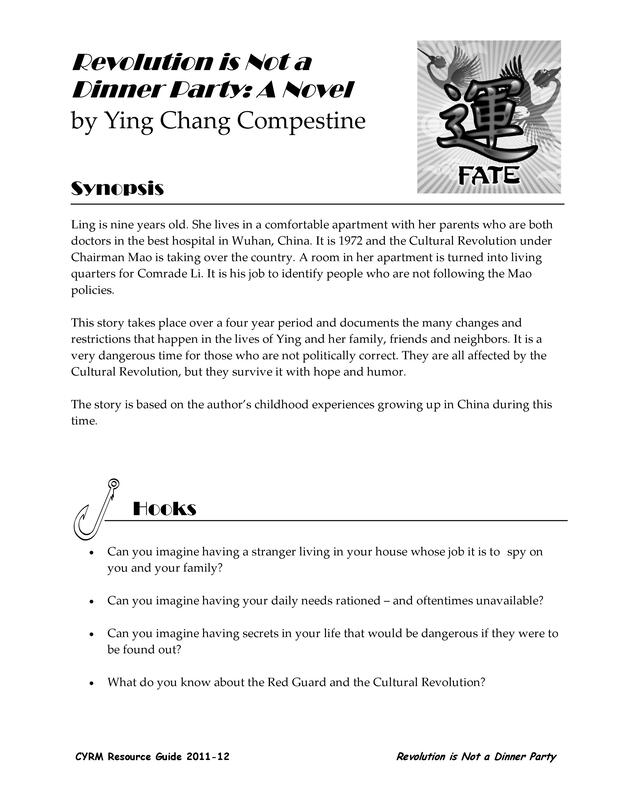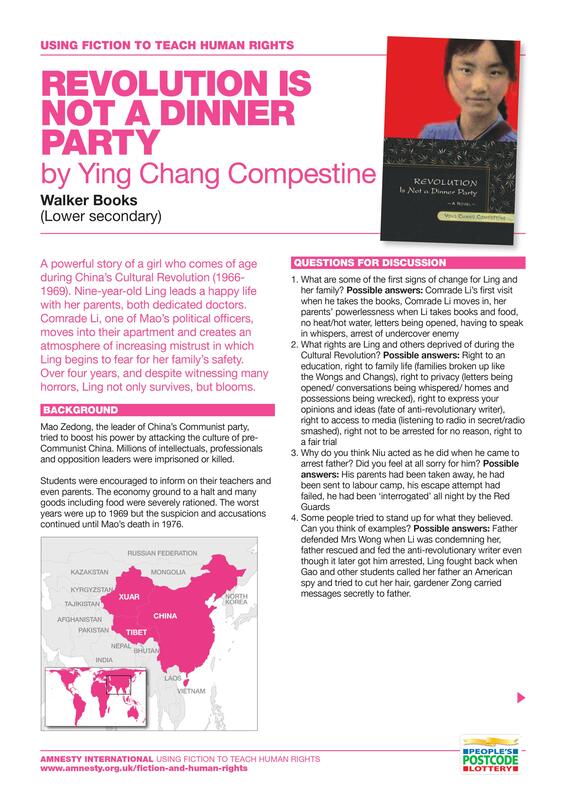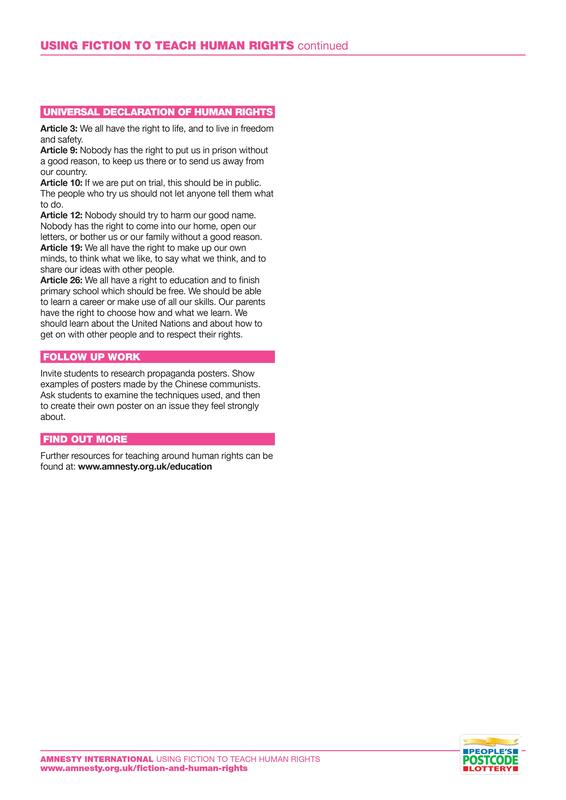Revolution is Not a Dinner Party
|
Nine-year-old Ling has a very happy life. Her parents are both dedicated surgeons at the best hospital in Wuhan, and her father teaches her English as they listen to Voice of America every evening on the radio. But when one of Mao's political officers moves into a room in their apartment, Ling begins to witness the gradual disintegration of her world. In an atmosphere of increasing mistrust and hatred, Ling fears for the safety of her neighbors, and soon, for herself and her family. For the next four years, Ling will suffer more horrors than many people face in a lifetime. Will she be able to grow and blossom under the oppressive rule of Chairman Mao? Or will fighting to survive destroy her spirit―and end her life?
ORDER NOW |
Book Trailer
Praise for Revolution is Not a Dinner Party
|
A “gripping account of life during China’s Cultural Revolution” — Publisher’s Weekly Starred Review “[The] clipped, lyrical first person narrative sets a naïve child’s struggle to survive in the political panorama of spies and slogans.” — Booklist “The Chinese Revolution is up close and personal in this touching historical novel” — Book Sense Picks for Autumn 2007 "Lyrical yet gripping" — Kirkus Reviews “An excellent addition to historical fiction about this period in China’s history.” — School Library Journal “A vivid account of one of the sad follies of history, made rich with details that only an impressionable young witness could supply" — The Christian Science Monitor “In her spare, lyrical style, [she] vividly portrays a world turned upside down” — San Francisco Chronicle “Beautifully descriptive phrases allow this autobiographical fiction to come alive… Violence is highlighted in vivid detail — Voya “Like her cookbooks and children’s books, food plays an important role in her novel…” — Lamorinda Sun “…a great book – there’s no other way to put it.” — Virginia Pilot "Gut wrenching. Riveting… significant" — Richie Partington "A vantage point rarely seen in books about this era… An inspiring story" — Shelf Awareness |
Awards & Accolades
Discussion Guide
Readers can use the discussion guide to help start a conversation.
|
|
|
| ||||||
|
|
Find more classroom resources at TeachingBooks.net.
|
|
Stage your own play!
Students can produce their own play with this Reader's Theater script from CYRM.
|
|
|
| ||||||
|
|
|
Resource Guide
Teachers can use this resource guide from California Young Reader's Medal to help teach Revolution.
|
|
|
| ||||||
|
|
|
Teacher Notes from Amnesty International
Teachers can use this guide from Amnesty International UK to help classrooms learns about human rights.
|
|
|
| ||||||
|
|
|
A Conversation with Ying
This book is based on your childhood in Wuhan, China, during the 1960s and 70s. Is Ling in many ways a fair representation of you growing up? What are some of the similarities and differences?
Ling’s childhood experiences are similar to my own. I was about Ling’s age when my family got caught up in the events of the Cultural Revolution. Ling’s personality is a lot like mine. Many of her emotions and reactions to events draw on my own experiences during the Cultural Revolution, and her way of thinking reflects the way I saw the world as a child. For this reason, developing Ling’s character was the easiest part of writing this book. I was a little spoiled, but I also had a fighting spirit. And like Ling, I yearned for freedom and dreamed about going to America.
Click here to read more.
Ling’s childhood experiences are similar to my own. I was about Ling’s age when my family got caught up in the events of the Cultural Revolution. Ling’s personality is a lot like mine. Many of her emotions and reactions to events draw on my own experiences during the Cultural Revolution, and her way of thinking reflects the way I saw the world as a child. For this reason, developing Ling’s character was the easiest part of writing this book. I was a little spoiled, but I also had a fighting spirit. And like Ling, I yearned for freedom and dreamed about going to America.
Click here to read more.
Why I Wrote "Revolution"
Originally published in Knowledge Quest.
Growing up during China’s Cultural Revolution, I constantly hungered for two things: food — because everything was rationed, and books — because they were burned.
Click here to read more.
Growing up during China’s Cultural Revolution, I constantly hungered for two things: food — because everything was rationed, and books — because they were burned.
Click here to read more.
Follow Ying on social media!
